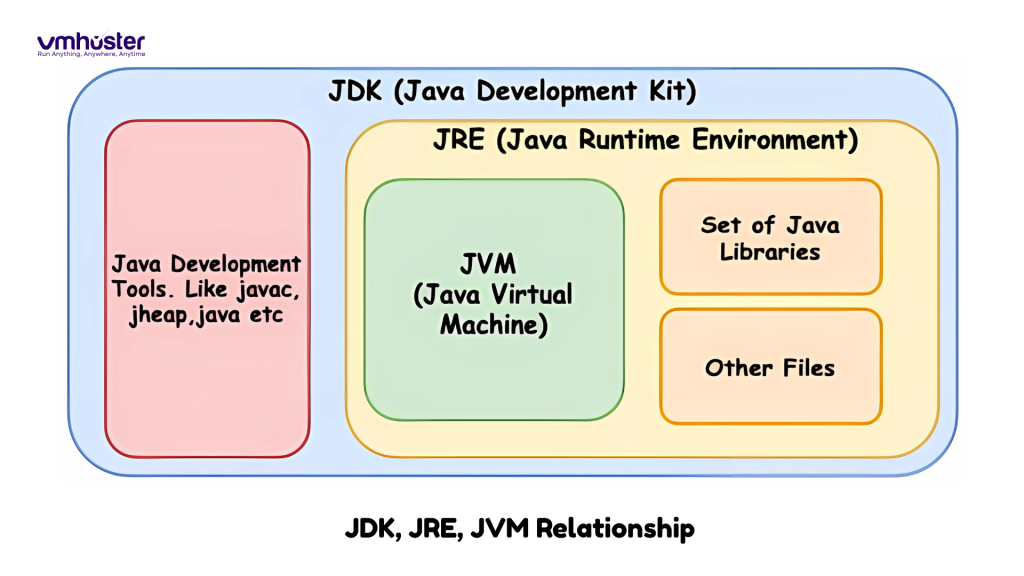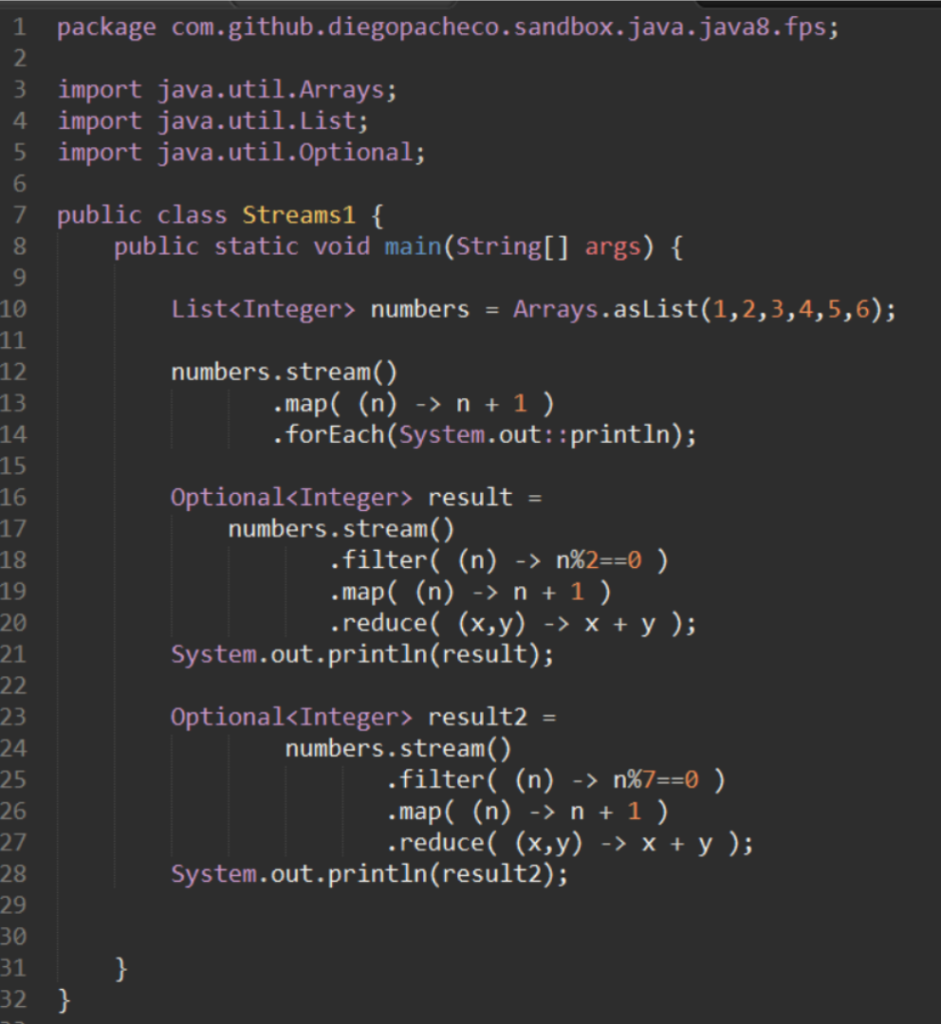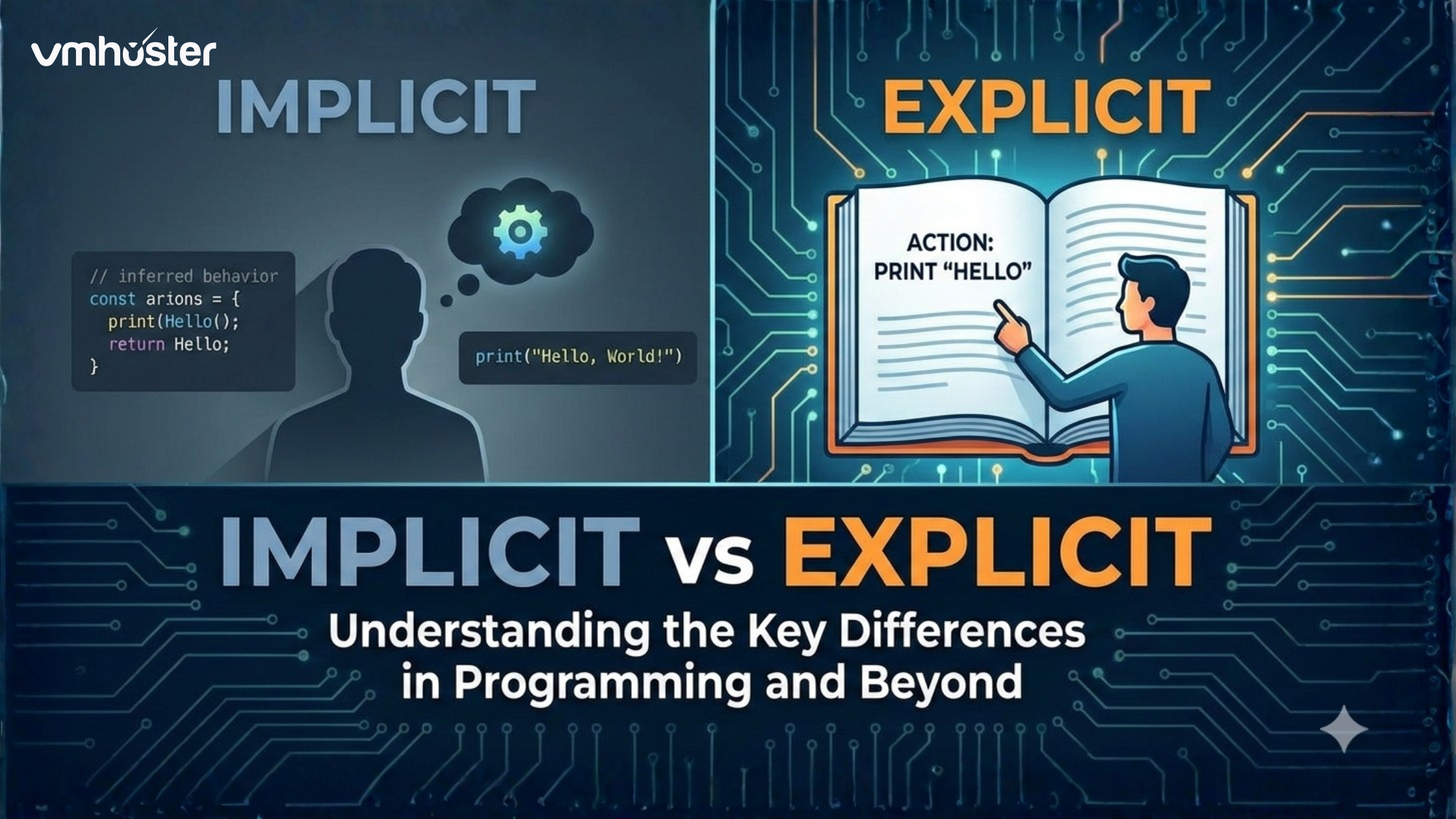Java has been around for more than two decades, and it’s still one of the most popular programming languages worldwide. Whether you’re preparing for your first Java developer interview or aiming for a senior backend role, interviewers will test both your fundamental concepts and practical coding knowledge.
When I was preparing for my first Java interview, I remember feeling overwhelmed by the endless list of topics. The trick is to focus on core concepts and practice with real-world examples. In this post, I’ll walk you through some of the most commonly asked Java interview questions, along with answers, tips, and resources that can help you ace your next interview.
Why Java Interview Questions Still Matter
Java is everywhere from enterprise systems and Android apps to cloud-native microservices. According to the TIOBE Index, Java consistently ranks among the top programming languages. Recruiters know this, and that’s why Java interview questions are designed to test not only your syntax knowledge but also your problem-solving skills.
👉 If you’re aiming for a career in cloud computing, backend systems, or enterprise application development, having strong Java knowledge is non-negotiable.
Basic Java Interview Questions
These are the warm-up questions interviewers usually start with.
Q1. What are the main features of Java?
- Platform independent (Write Once, Run Anywhere)
- Object-Oriented
- Robust and Secure
- Automatic Garbage Collection
Q2. Difference between JDK, JRE, and JVM?
- JDK (Java Development Kit): Complete toolkit for developers (compiler, debugger, etc.)
- JRE (Java Runtime Environment): Environment to run Java applications
- JVM (Java Virtual Machine): Executes Java bytecode
Q3. Explain OOP principles in Java.
- Encapsulation
- Inheritance
- Polymorphism
- Abstraction

Intermediate Java Interview Questions
Now let’s get into slightly more practical questions.
Q4. What is the difference between == and .equals() in Java?
- == compares references (memory location).
- .equals() compares content/values of objects.
Q5. What is the difference between HashMap and Hashtable?
- HashMap is not synchronized, allows one null key and multiple null values.
- Hashtable is synchronized, doesn’t allow null keys or values.
Q6. What are Java Collections Framework interfaces?List, Set, Map, Queue.
Advanced Java Interview Questions
If you’re applying for a senior Java developer or system architect role, expect questions on concurrency, performance tuning, and design patterns.
Q7. Explain the difference between String, StringBuilder, and StringBuffer.
- String: Immutable.
- StringBuilder: Mutable, not synchronized (better performance).
- StringBuffer: Mutable, synchronized (thread-safe).
Q8. What are Java Streams (introduced in Java 8)?
- Streams allow functional-style programming for processing collections. Example:=
List<String> names = Arrays.asList(“VM”, “Hoster”, “Java”);
names.stream()
.filter(name -> name.startsWith(“J”))
.forEach(System.out::println);
Q9. How does Java handle memory management?
- Through Garbage Collection, removing unused objects automatically.

Java Interview Tips
- Don’t just memorize answers—practice coding on platforms like LeetCode or HackerRank.
- Prepare for behavioral questions as well. (Example: “Tell me about a time when you solved a complex bug in production.”)
Focus on Java + related ecosystem: Spring Boot, Hibernate, Microservices, and Cloud deployment.
Additional Resources
- Official Java Documentation (always up to date)
- GeeksforGeeks Java Interview Questions
- Vmhoster Blog – Best VPS Hosting & Dedicated Servers in India
Final Thoughts
Cracking a Java interview in 2025 is not just about remembering theory, it’s about demonstrating practical knowledge, problem-solving ability, and clarity of thought.
If you’re preparing for a role that involves deploying Java applications on cloud servers, you’ll also need to understand the hosting environment. At VM Hoster, we provide VPS hosting and dedicated servers that many developers use to test and deploy their Java applications seamlessly.
So, study these questions, practice coding daily, and walk into your interview with confidence. 🚀
Frequently Asked Questions (FAQ) About Java Interview Questions
Freshers are usually asked about OOP principles, the difference between JDK/JRE/JVM, access modifiers, and simple coding questions like reversing a string or finding factorial.
Start with basics (OOP, data types, collections), then practice coding problems on platforms like LeetCode or HackerRank. Also, review Java 8+ features like Streams, Lambda expressions, and Optional.
It depends on the role. For freshers, tricky questions around == vs .equals() or memory management can be tough. For seniors, concurrency, multithreading, and design patterns are usually the toughest areas.
Yes. Most companies will give you a coding challenge. You might be asked to implement algorithms (sorting, searching), data structures (linked lists, stacks), or solve real-world problems using Java.
Absolutely. Java is widely used in enterprise applications, cloud-based microservices, and Android development. It continues to be one of the most in-demand skills for software engineers.







